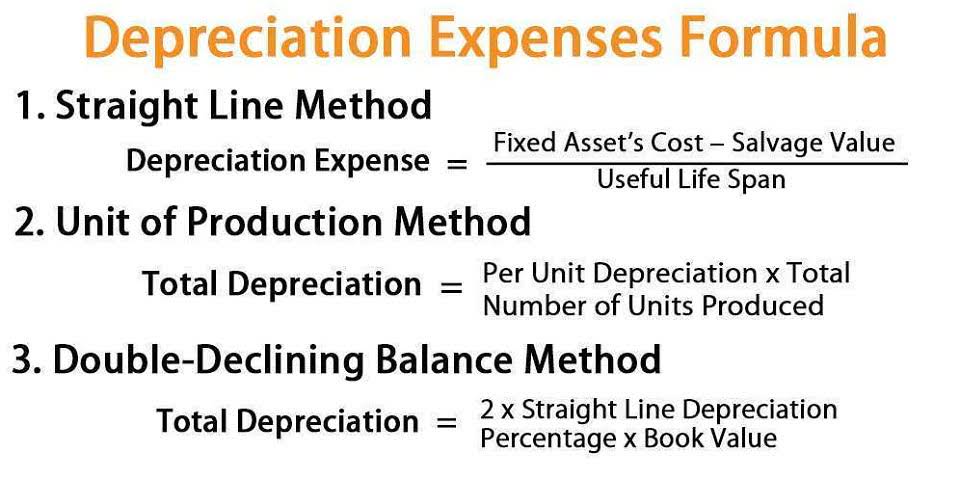
Since the policy lasts one year, divide the total cost of $1,800 by 12. Again, anything that you pay for before using is considered a prepaid expense. Until next time, keep those ledgers balanced and those expenses accounted for.

Prepayment Journal Entry Examples
- It is considered a prepaid expense, which is an expense paid for in advance but not yet incurred.
- Deferrals are adjusting entries for items purchased in advance and used up in the future (deferred expenses) or when cash is received in advance and earned in the future (deferred revenue).
- You need to adjust the entry for unexpired insurance to account for the reduction in assets and the increase in expenses as the insurance gets used up.
- Before moving on to the next topic, consider the entry that will be needed on the next payday (January 9, 20X9).
- The company recorded the December 1 payment with a debit of $6,000 to Prepaid Insurance and a credit of $6,000 to Cash.
- When an entity pays for insurance before the coverage period begins, it acquires the right to protection against specific risks over a defined duration.
Prepaid insurance is initially recorded with a debit to the prepaid insurance (asset) account and a credit to cash (or the payment method used), reflecting the outflow of cash for future coverage. On the income statement, the insurance expense is presented as a component of operating expenses, affecting the company’s profitability. As the prepaid insurance is expensed over time, it reduces the company’s net income for each period. This is a crucial aspect of financial reporting as it provides a more accurate representation of the company’s financial performance during a specific period. Without this adjustment, expenses would be understated in the period of payment and overstated in subsequent periods, distorting the true financial picture.
- The balance at the end of the accounting year in the asset Prepaid Insurance will carry over to the next accounting year.
- At the end of the month, you make an adjusting entry for the part that you did use up—this is an expense, and you debit the appropriate expense account.
- The financial statement impact becomes more apparent as the insurance coverage period progresses.
- If your company reports quarterly, by March 31, 2023, a quarter of the insurance has expired.
- Explain when to use allowance for doubtful accounts and bad debt expense.
- The adjusting entry on January 31 would result in an expense of $10,000 (rent expense) and a decrease in assets of $10,000 (prepaid rent).
- Recording prepaid insurance in your accounting books is a straightforward process that involves recognizing the expense over the period it benefits, rather than all at once.
Adjusting Entries – Liability Accounts

Prepaid insurance is insurance paid in advance and that has not yet expired on the date of the balance sheet. By making these adjustments each quarter, you keep your financial statements accurate. Plus, you avoid any awkward conversations with stakeholders who might wonder why your assets are overstated. Prepaid insurance is like prepaying for a adjusting entry for prepaid insurance year’s worth of Netflix but in the business world. You pay an insurance company upfront to cover your assets—be it buildings, equipment, or that questionable art piece in the lobby. According to the three types of accounts in accounting “prepaid expense” is a personal account.

The impact of prepaid insurance on financial statements

You accrue a prepaid expense when you pay for something that you will receive in the near future. Any time you pay for something before using it, you must recognize it through prepaid expenses accounting. The expense would show up on the income statement while the decrease in prepaid rent of $10,000 would reduce the assets on the balance sheet by $10,000.
Journalizing Prepaid Insurance: A Step-By-Step Guide
At the end of the insurance term, the total insurance expires, and companies would have fully recorded the total prepaid insurance as expenses over multiple periods. Companies purchase insurance coverage by paying insurance premiums and recording related transactions accordingly. Depending on the length of the insurance purchased, companies may record insurance for use over multiple accounting periods. In other words, companies may have to journalize insurance expenses periodically as the insurance expires over time, instead of expensing the total insurance purchase at once in a single period.
Prepaid expenses are initially recorded as assets, but as the benefit is received, they are moved to the income statement as expenses. When companies initially pay for the total insurance premium, a debit is entered into the asset account of prepaid insurance, and a credit is entered into the cash account for the cash spent. As the insurance expires over time, companies debit the expense account of expired insurance and credit prepaid insurance to reduce https://betamax2020.wpengine.com/overhead-rate-calculation-accounting-explained/ the balance in the asset account. At the end of the insurance term, the account of prepaid insurance should have a zero balance. When companies initially pay for the total insurance premium, a debit is entered to the asset account of prepaid insurance and a credit is entered to the cash account for the cash spent. They don’t give you value right away; instead, they spread their goodness over time, usually across several accounting periods.

The $1,500 balance in the asset account Prepaid Insurance is the preliminary balance. The correct amount is the amount that has been paid by the company for insurance coverage that will expire after the balance sheet date. Depreciation is the decrease in value of a company’s assets over time due to wear and tear, age, obsolescence, or changes in technology. It is important to note that depreciation is different from prepaid expenses, as it deals with the allocation of the cost of an asset over its useful life.
Adjusting Unearned Liability Accounts
To transfer what expired, Rent Expense was debited for the amount used and Prepaid Rent was credited to reduce the asset by the same amount. Any remaining balance in the Prepaid Rent account is what you have left to use in the future; it continues to be an asset since it is still available. The adjusting journal entry is done each month, and at the end of the year, when the lease agreement has no future economic benefits, the prepaid rent balance would be 0. Either method for recording How to Invoice as a Freelancer prepaid expenses could be used as long as the asset account balance is equal to the unexpired or unused cost as of each balance sheet date. Prepaid insurance is adjusted to account for the portion of the insurance that has expired over the accounting period. This ensures your financial statements accurately reflect your assets and expenses, preventing any misrepresentation of your company’s financial health.
